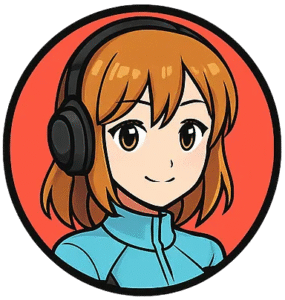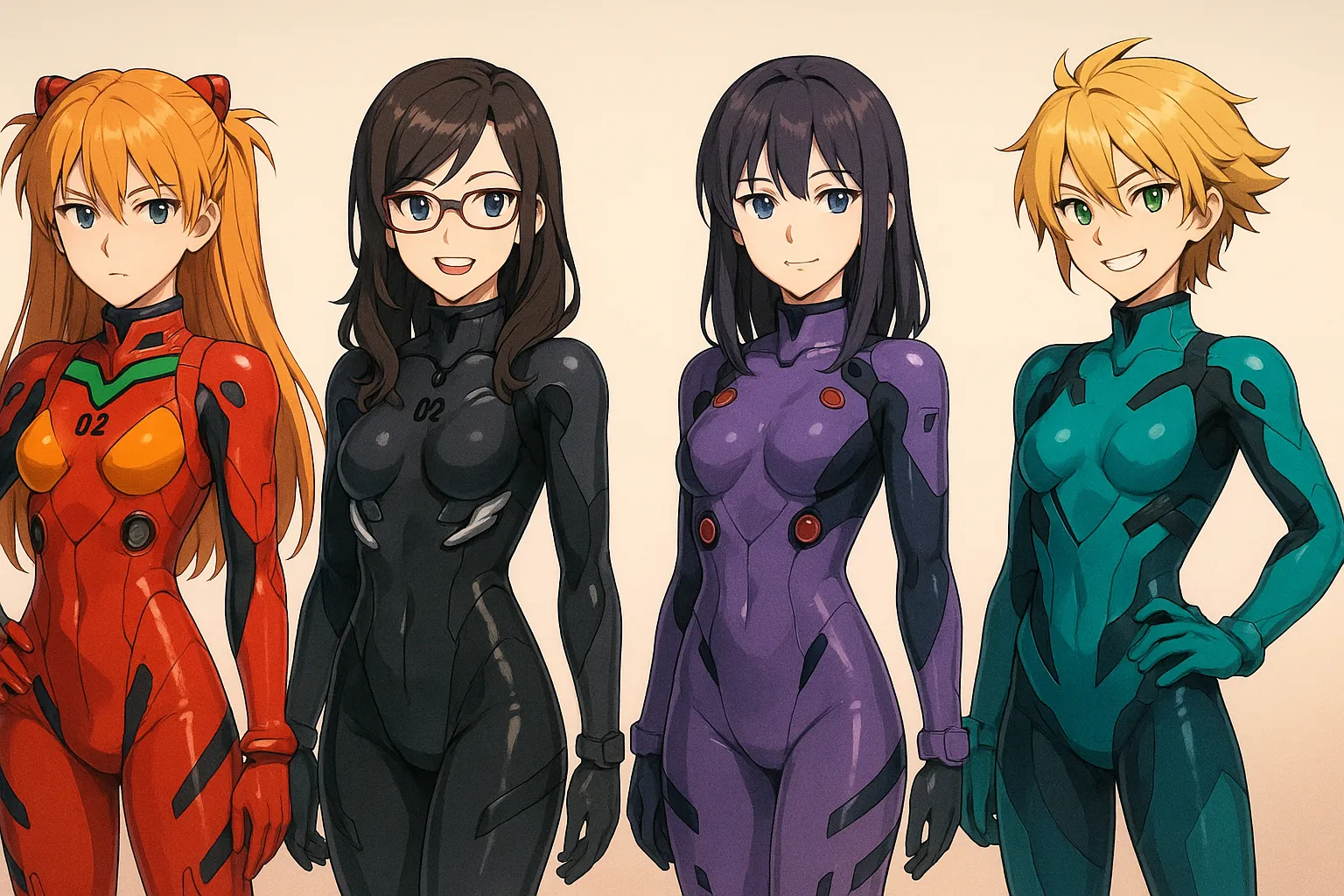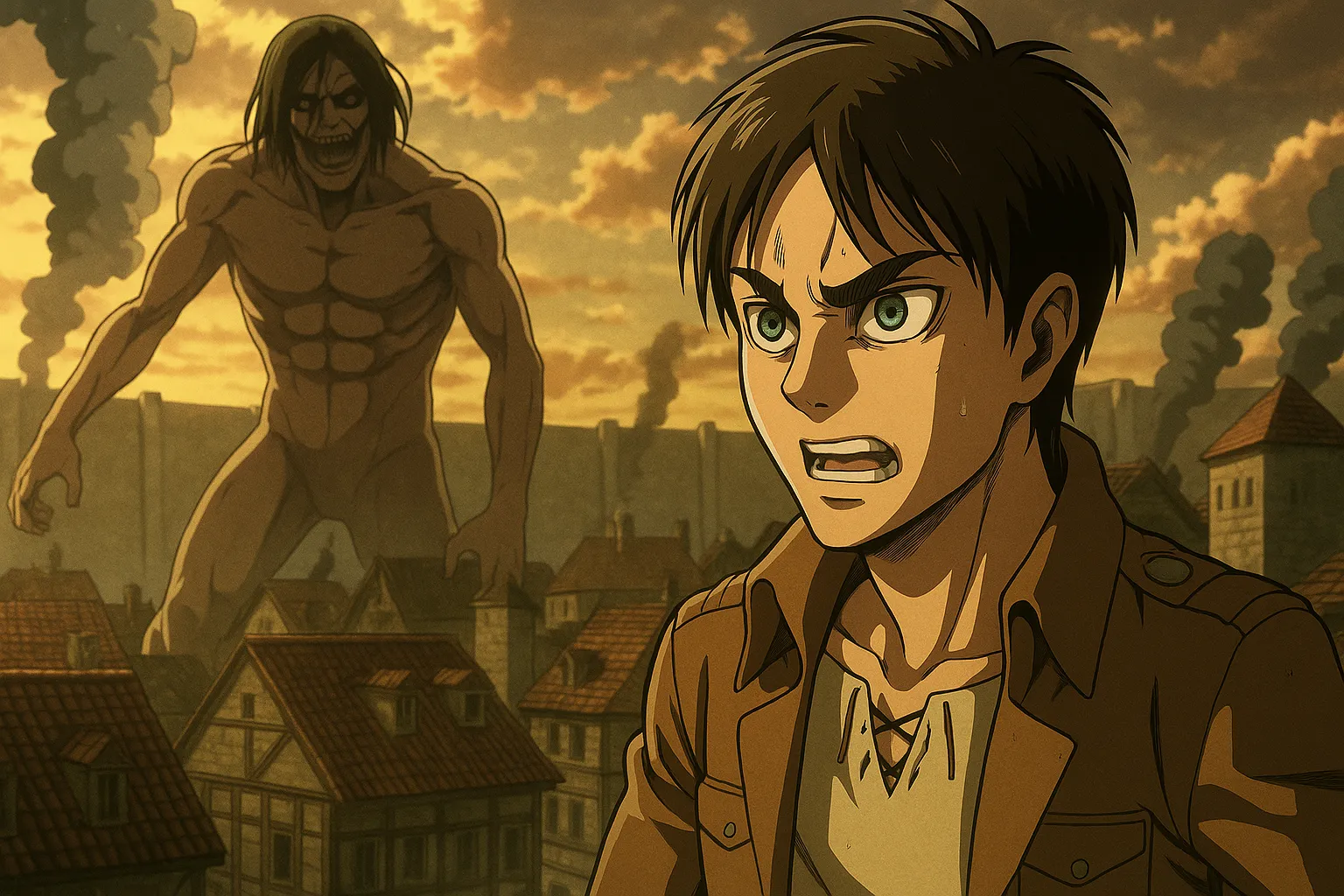A New Kind of Protagonist: Introducing Eren Yeager
When Attack on Titan first aired in 2013, anime audiences were introduced to a fiery, impulsive protagonist with a singular goal: kill all the Titans. Eren Yeager, a boy born behind the towering walls of Paradis Island, lost his mother in the series’ opening episode — devoured by a Titan as he watched, powerless. This defining trauma set the tone for his arc. Unlike many shonen heroes driven by hope, justice, or idealism, Eren’s origin story was rooted in revenge, anger, and fear.
From the very beginning, Eren stood apart. His emotions weren’t polished or noble — they were raw and unfiltered. He didn’t want to be the savior of the world. He just wanted to tear it down. But even then, his path was not yet that of an anti-hero. In the early seasons, Eren’s passion made him a rallying symbol. He wanted to reclaim the world outside the walls. He spoke of freedom, courage, and fighting back. To his comrades and audience alike, he seemed like a natural, if intense, protagonist.
But as the series progressed — and as Eren learned more about the world, himself, and the truth behind the Titans — his character began to change. That change wasn’t sudden. It happened in stages, rooted in revelations and betrayals, slowly reshaping his ideals until they no longer resembled those of a conventional hero at all.
Season 1: Anger as a Driving Force
In the first season, Eren is almost entirely defined by rage and determination. His hatred for the Titans consumes him, to the point where even when he dies in battle, he returns through mysterious power to continue fighting. The reveal that he is, in fact, a Titan shifter comes as a major twist — not only to the characters, but to the audience. It signals the beginning of the series’ long-term theme: the real monsters may not be who you think they are.
At this stage, Eren is still very much a symbol of humanity’s hope. His ability to transform into a Titan makes him an invaluable weapon against the very creatures he once hated, and he becomes both a source of fear and awe within his military unit. But his morality remains intact. He still believes in saving humanity. He still believes in freedom for his people. He trusts in those around him — Armin, Mikasa, and Commander Erwin. While his temper and impulsiveness sometimes get in the way, his core remains relatively stable.
However, even in Season 1, cracks begin to form. Eren is introduced to the horror of human politics. He’s nearly executed by his own government. He watches his comrades die for unclear causes. He begins to understand that the enemy isn’t always just a giant monster — sometimes it’s the system itself.
Season 2: Shattered Trust and Conflicted Identity
Season 2 dives deeper into the psychological dimensions of Attack on Titan, and Eren is caught in the middle of every betrayal. The reveal that Reiner and Bertholdt — his comrades — are actually Titan shifters working against humanity is a blow that redefines his understanding of loyalty and identity. For the first time, Eren faces the truth that the Titans aren’t mindless monsters, but people. People with goals, reasons, and history.
His sense of morality begins to shake. What does it mean to be human? Who are the real enemies? Eren, for most of Season 2, is reactive — emotionally overwhelmed by new information, driven by instinct rather than strategy. But this is also where seeds of transformation are planted. His black-and-white view of the world begins to fade. He starts to realize that war is not clean, and justice is not absolute.
One of the season’s most emotional moments — the death of Hannes, the soldier who raised him — forces Eren to confront his helplessness once more. In his grief, he screams for power, for strength. And when it arrives in the form of a mysterious new ability to control Titans, it’s not framed as a victory — but as something eerie, almost cursed.
Season 3 (Part 1): Revolution and Revelation
The first half of Season 3 is political. Eren is less central in these episodes, but his absence allows other characters to grow — and it gives the audience time to digest the complexity of Paradis Island’s internal corruption. When Eren does return to the spotlight, he is no longer the boy who lashed out blindly at injustice. He is quieter. Sadder. He’s learned that his father was not a simple doctor, but a man who carried out atrocities and possessed a legacy of violence.
This is where Eren’s transformation accelerates. Learning the truth of the basement — the real history of the Titans, of Marley, and of the outside world — reshapes everything. His anger is no longer just about avenging his mother or reclaiming land. It’s existential. He realizes that his enemies aren’t just the Titans — they are nations, systems, and generations of hatred passed down through blood.
At the same time, Eren’s power grows. He begins training to master the “hardening” ability of the Attack Titan. But his evolution is not just physical — it’s mental. He begins making decisions based not on emotion, but on calculation. He doesn’t speak as much. He starts keeping secrets. His eyes, once full of rage, are now often filled with something darker: resignation.
Season 3 (Part 2): The Point of No Return
The return to Shiganshina District and the battle to reach the basement marks a point of no return — both for the story and for Eren. The battle itself is one of the most intense in the entire series. It’s brutal, painful, and filled with loss. The deaths of Commander Erwin and Armin’s near-sacrifice force Eren to choose between logic and emotion — between saving a symbol of hope for humanity, or saving his closest friend. That choice changes him.
When the group finally reaches the basement and discovers the truth — that humanity was never truly extinct, that Paradis Island is not the entire world, and that they have been isolated and manipulated — something inside Eren breaks. His worldview shifts dramatically. Freedom, once a simple idea, is now tainted by the realization that there are millions of people outside the walls who see him as a devil.
His ideology takes a sharp turn. In the closing scenes of Season 3, we no longer see the idealistic Eren shouting about killing Titans. We see a quiet, contemplative figure staring out toward the sea, asking a question that signals his descent:
“If we kill all our enemies over there… will we finally be free?”
That question isn’t rhetorical. It’s a mission statement. One that will carry Eren into the final arc — and into the role of an anti-hero willing to cross any line for the sake of a deeply distorted vision of freedom.
Season 4: The Collapse of the Hero We Thought We Knew
When Attack on Titan Season 4 begins, viewers are thrust not into Eren’s perspective, but into the world of Marley — the “enemy nation” that was revealed in the final episodes of Season 3. This shift in setting is jarring, but deliberate. For several episodes, Eren doesn’t appear. Instead, we follow new characters like Gabi Braun, Falco Grice, and the Warrior candidates training to serve the Marleyan military.
This absence speaks volumes. It’s a silent signal that the protagonist we followed for years has now become a shadow, a myth — or even, as the Marleyans see him, a terrorist. And when Eren does return, he is no longer the hot-headed teenager shouting about vengeance. He is quiet. Calculated. Detached. His once bright, burning gaze is now heavy, dull, unreadable. The transformation is striking.
Eren’s first major appearance comes in Liberio, where he infiltrates the enemy by pretending to be an injured soldier. His conversations with Falco — who is unaware of Eren’s true identity — are calm and ominous. And when the truth is revealed, it is done not with fanfare, but with violence. Eren transforms into the Attack Titan and initiates a brutal assault on Marley’s civilians and military leaders alike — killing countless innocents, including children.
The Declaration of War: The Moment Everything Changed
Arguably one of the most pivotal moments in Attack on Titan is Willy Tybur’s theatrical speech declaring war against Paradis Island, delivered in front of a crowd of dignitaries and civilians. As he stirs up patriotic fervor and frames Eren as the devil threatening global peace, Eren listens silently beneath the stage — only to emerge and kill Tybur in a bloody, explosive act that destroys an entire city block.
This is not an act of a hero. It is the action of someone who believes that the only way to be free is through destruction.
Eren’s motivations are no longer clean. He isn’t saving the world — he’s forcing it to acknowledge the pain his people have suffered. His attack on Liberio is meant not only as revenge but as a political and psychological message: “We’re not afraid to fight back. You are not safe.”
To many fans, this marked the moment Eren truly became an anti-hero. The boy who once fought Titans to save humanity had now killed humans — en masse — to make a point. The lines had blurred beyond recognition.
Friends Become Strangers: The Emotional Fallout
The fallout of Eren’s actions ripples through the remaining episodes. His friends — Armin, Mikasa, Jean, and the rest of the Survey Corps — are left reeling. They don’t understand Eren anymore. His decisions have become erratic, his ideals distorted, and his trust in them shattered.
One of the most emotionally devastating moments comes when Eren tells Mikasa that he has always hated her — a declaration that seems intentionally cruel. Whether or not he truly means it remains a subject of debate, but it’s clear he is pushing people away. He no longer wants to be held back by loyalty or friendship. He sees himself as the only one willing to do what must be done.
What Eren undergoes in this season is not just a physical or political shift — it is a complete ideological transformation. He no longer believes in hope through diplomacy or progress through understanding. His solution is complete annihilation of the threat — and if that means becoming the enemy of the world, so be it.
The Rumbling: Freedom at the Cost of Everything
Eren’s descent reaches its peak when he initiates “The Rumbling.” By unlocking the power of the Founding Titan — and unshackling the millions of Colossal Titans hidden within Paradis’ walls — Eren launches an apocalyptic march that levels entire continents.
This is genocide on a scale never before seen in anime. Cities, nations, and civilizations are crushed beneath the feet of Titans, and Eren’s voice echoes in the minds of the Eldians across the world:
“I will destroy… all enemies beyond this island.”
At this point, there’s no turning back. Eren has become a godlike figure, driven by a twisted definition of freedom. He’s not saving his people through compassion — he’s saving them by eradicating the rest of the world. In his mind, the only way to guarantee peace is to leave no one left to threaten Paradis.
But in doing so, he also becomes what he once hated: a monster. He manipulates his younger self through the Paths, orchestrates every major event from the shadows, and chooses mass murder over diplomacy. His arc is no longer about survival — it’s about dominance.
Complexity Over Clarity: Is Eren a Villain?
Eren Yeager is one of the most morally ambiguous characters in modern anime. He’s not evil in the traditional sense — he doesn’t kill for pleasure, nor is he driven by greed or chaos. He is, in many ways, a product of trauma, war, and inherited memory. But what makes him such a fascinating anti-hero is that he chooses this path — knowing exactly what it costs.
His actions cannot be justified, but they can be understood. He saw that no matter how hard his people tried to negotiate, they were always viewed as devils. He believed he was giving them one final chance to live free — even if that meant becoming the enemy of the entire world.
This is what makes Eren different from traditional villains. He isn’t delusional. He’s heartbreakingly clear. He knows he will be hated. He knows his friends will oppose him. And he does it anyway.
In the end, he becomes a symbol not of hope, but of inevitability — the embodiment of what happens when cycles of violence go unbroken, when trauma is inherited, and when people believe the only way to be free is to dominate.
Legacy: The Final Twist in Eren’s Story
In the series’ closing chapters, Eren’s legacy is one of contradiction. Though he is ultimately stopped by Mikasa and the alliance of Eldians and Marleyans, the cost of his actions reverberates far beyond his death. Some view him as a monster. Others as a martyr. But no one can deny that he changed the world.
His friends — the same people who fought alongside him in earlier seasons — are the ones forced to bring him down. They are left carrying the burden of his choices and rebuilding in his shadow. The final scenes don’t offer neat resolutions, only quiet reflection.
Eren Yeager was never meant to be a hero in the traditional sense. He was meant to be human — flawed, passionate, broken, and driven by both noble dreams and terrifying convictions. His evolution wasn’t a betrayal of his character. It was the natural result of a world that gave him no room to dream without consequence.
Final Thoughts: A Protagonist Like No Other
From a boy screaming about vengeance to a man marching against the world, Eren’s journey is one of anime’s most powerful transformations. He is not a role model — he is a mirror. A mirror held up to our understanding of freedom, justice, and what happens when people are pushed too far.
He is not the hero we rooted for. He is the man we watched become what he hated — and in doing so, told one of the most hauntingly human stories in anime history.


